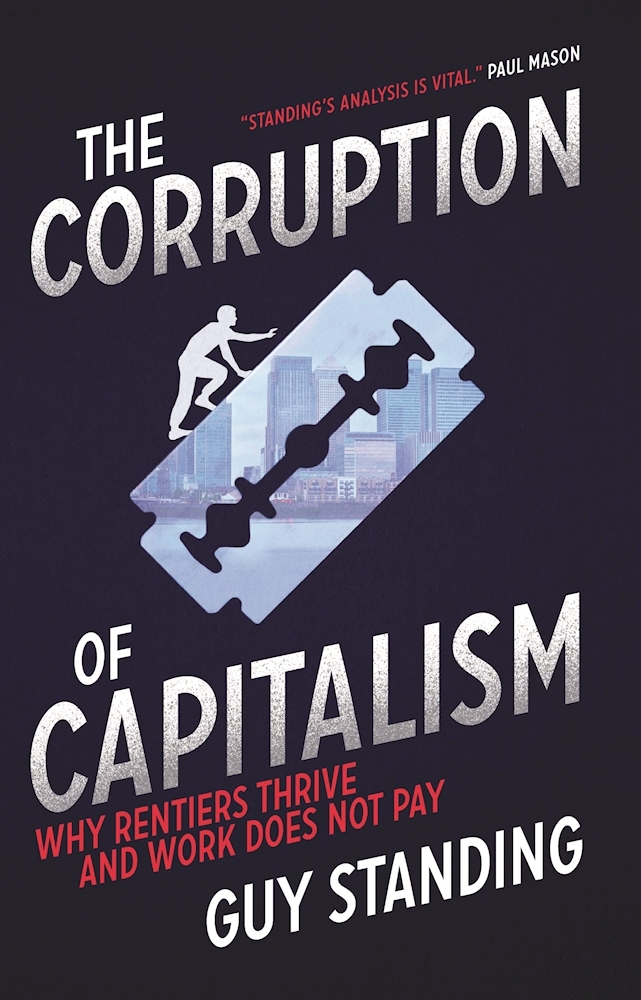352 pages
English language
Published July 27, 2016

352 pages
English language
Published July 27, 2016
We live in an age of extreme inequality, in which the remedies we think we understand seem to have no effect while the rich go on getting richer. We are repeatedly told that work is the best route out of poverty, yet in 2014 more of the income-poor in the UK were in jobs rather than out of them. Guy Standing reveals the devastating effects of the construction of a global market economy. At the heart of the problem is the construction by successive governments, working in the interests of elites, of the most unfree market system ever created. This is a system in which property - financial, physical and intellectual - is controlled by a tiny but enormously powerful rentier class, at the expense of all the rest of us.The rental income obtained from assets and from the exploitation of scarce resources from oil to pharmaceutical licences has rapidly …
We live in an age of extreme inequality, in which the remedies we think we understand seem to have no effect while the rich go on getting richer. We are repeatedly told that work is the best route out of poverty, yet in 2014 more of the income-poor in the UK were in jobs rather than out of them. Guy Standing reveals the devastating effects of the construction of a global market economy. At the heart of the problem is the construction by successive governments, working in the interests of elites, of the most unfree market system ever created. This is a system in which property - financial, physical and intellectual - is controlled by a tiny but enormously powerful rentier class, at the expense of all the rest of us.The rental income obtained from assets and from the exploitation of scarce resources from oil to pharmaceutical licences has rapidly become the dominant force in the global economy, aided by government subsidies, tax breaks and systemically corrupt deals.The book reveals the extent to which global capitalism has been rigged in favour of rent-seekers to the detriment of workers - not just those in low-paid and precarious employment, but the professionals and entrepreneurs we like to think of as the drivers of our economy. The implications of the 'age of rentier capitalism' go beyond the economic sphere as the plutocracy fund and influence political parties, while media ownership is concentrated in the hands of a few powerful individuals. The Corruption of Capitalism shows why, in the interests of democracy and our common wealth, the rise of rentier capitalism must be resisted. If it is not, we risk dire social and political consequences.